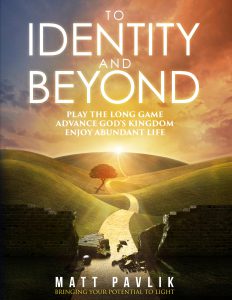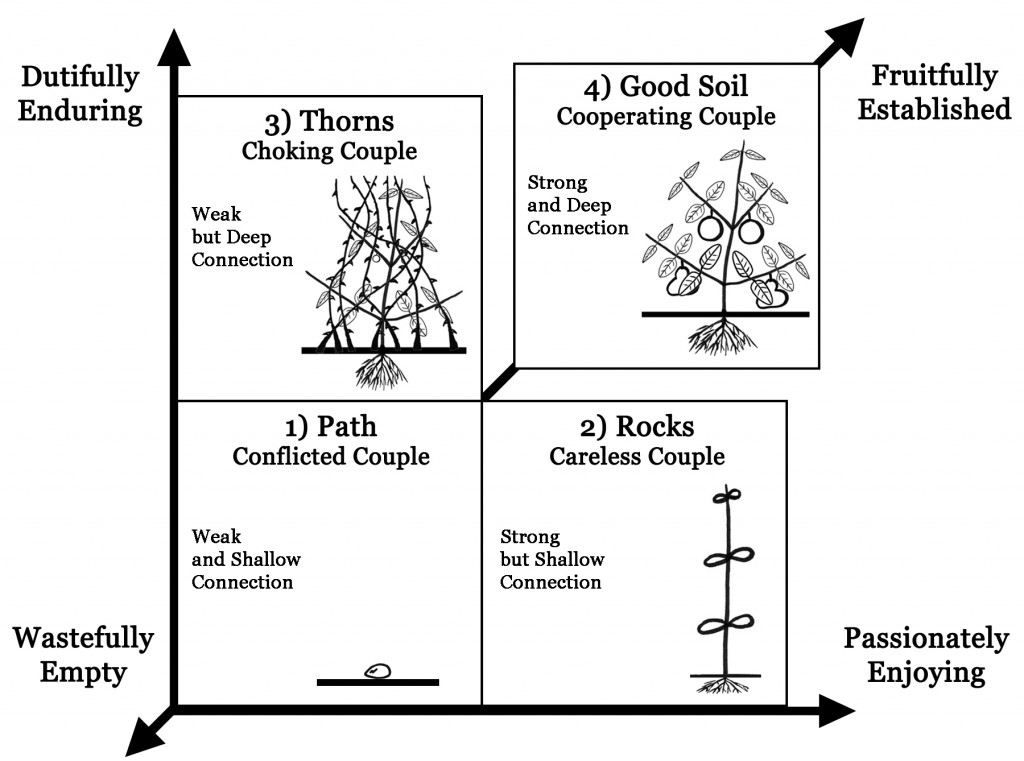In chess, the pawn is the weakest piece. However, if you stop your understanding of the pawn there, you’ll miss that the pawn also has the most potential of all the pieces. If it reaches the other side of the board, it becomes more powerful because you can upgrade it to any piece you want.
God Wants You To Reach Your Potential
You might think you’re only a pawn, but God sees your full potential. When you are born again, you are upgraded to a new creation that permanently holds God’s Holy Spirit.
Even then, God has more in store for you.
Life isn’t a game. I’m not suggesting you play games with your life. But life is all about growth. Playing the long game means investing the effort to achieve maximum results. There isn’t a more fulfilling way to live even though most of the time this requires sacrificing short-term rewards.
Sacrifice Immediate Rewards To Reach Your Potential
Jesus gave up His earthly life to secure an everlasting victory over death. His life was short but long on results. He achieved such outstanding results because He followed the Father’s plan. He fulfilled His destiny.
You, too, have a clearly defined destiny. Have you invested the time to learn what it is? You can’t play the long game without it. You can expect to spend your whole life in preparation for the next moment of your life. God wants you to know your identity as a created masterpiece and walk in good works. The more you know your identity, the more you know your destiny.
For we are his workmanship, created in Christ Jesus for good works, which God prepared beforehand, that we should walk in them.
—Ephesians 2:10
God made you for a specific purpose. Who you are is enough to fulfill your purpose. You have all you need to reach your potential. But you must seek and discover to reach your potential.
To accomplish this, you have to be sure you don’t become distracted away from God’s higher plans. As you become more, you’ll be able to accomplish more. But, if you don’t invest in growth, you delay reaching your potential. What are some examples of distraction traps?
- Spending on material gain when you could be investing in spreading God’s kingdom.
- Elevating entertainment above the hard work of spiritual and emotional growth.
- Living an imbalanced life by working your job most of the time.
Care For Others To Reach Your Potential
The long-game player focuses on whatever it takes to cross the finish line. Sometimes this means prioritizing the immediate to achieve maximum impact. Jesus spent time healing people who eventually died. At first glance, this seems like a waste of time. He did it anyway because He cares. He showed us the Father’s heart.
Whatever you do while motivated by God’s love is never a waste of time. Focusing on the end-results shouldn’t prevent you from doing what is right in the moment. You just want to make sure that what you are about to do doesn’t sabotage your ability to finish the race.
Jesus never allowed any short-term gain to delay, diminish, or deter Him from God’s long-term plans. God’s long-term plans are non-negotiable, but He is flexible with immediate events. After all, it’s taking each step that moves you closer to the finish.
You can’t play the long game without faith. God always sees the end—the infinite future. Because you can’t see that far, you must trust His vision. You can, however, see far enough to take the next step.
More About Potential and Some More
Image by StockSnap from Pixabay







